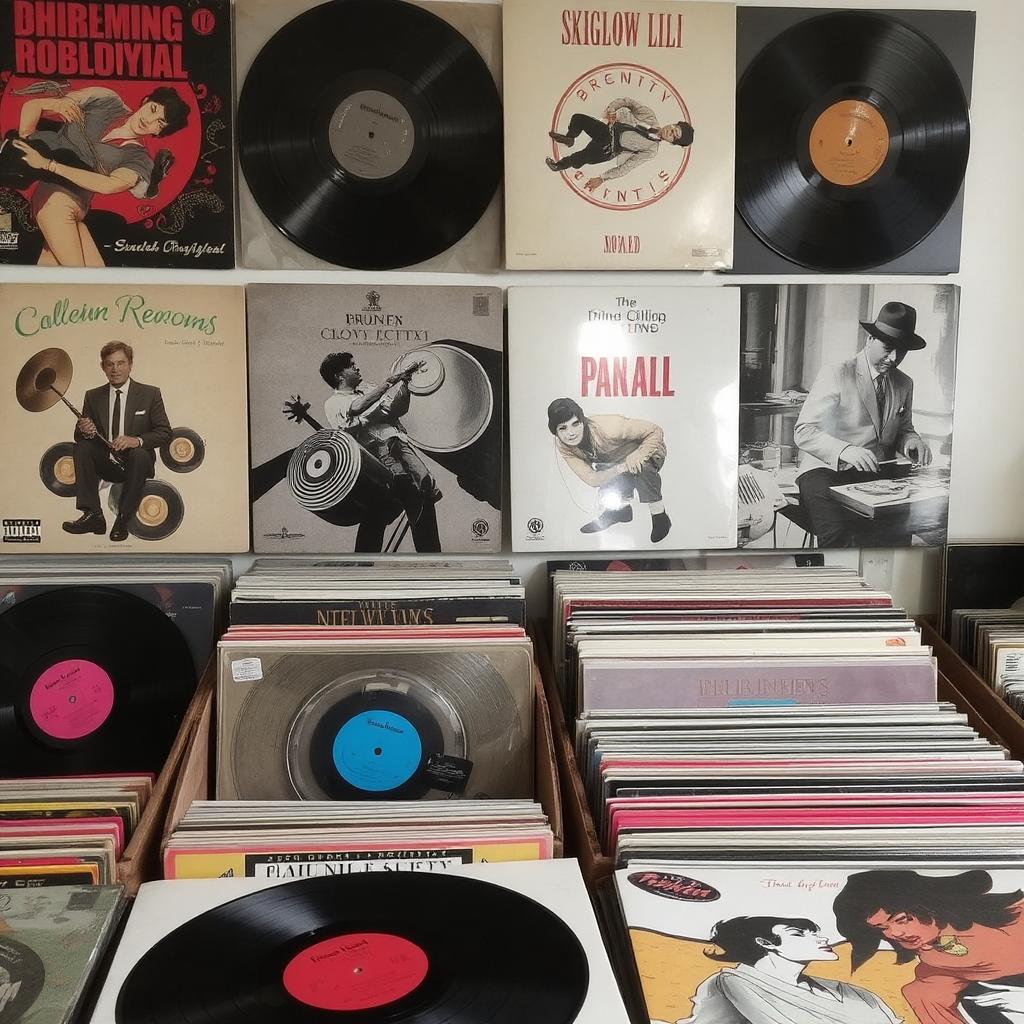
Vinyl records have long served as cultural artifacts, capturing not just music but the values, beliefs, and traditions of different communities across the globe. Among the many genres and styles pressed onto vinyl over the decades, religious records occupy a unique and often sacred space. These records may contain prayers, chants, hymns, sermons, or other spiritual content tied to specific faith traditions. As vinyl collecting grows and broadens, more collectors, sellers, and archivists are coming into contact with religious recordings—some of which hold deep meaning within their original contexts.
Handling religious records with cultural sensitivity is essential not just for ethical reasons, but also for preserving the dignity and intent behind these works. Whether you’re a collector, a seller, a curator, or simply someone interested in spiritual music, it’s important to approach religious vinyl with respect and awareness. This blog explores how to do that thoughtfully and responsibly.
Recognizing the Sacred Nature of Religious Records
Religious records are more than just audio products. For many communities, these recordings are expressions of faith, history, and identity. A vinyl record featuring Islamic call to prayer, a Jewish cantor’s chants, or Christian gospel hymns might be heard as sacred, ceremonial, or even divine. Treating these records merely as collectible curiosities or novelty items can unintentionally trivialize or disrespect the traditions they represent.
It’s crucial to recognize that what may seem like just another vintage record to some may hold deep spiritual or emotional resonance for others. This is especially true for records tied to marginalized or indigenous communities, where oral and musical traditions have often been underrepresented or misunderstood by mainstream media. These recordings can carry stories of resistance, survival, and community.
Understanding this context is the first step toward cultural sensitivity. Listening to religious records with an open mind and learning about their origins and purposes can help build appreciation, not just for the music, but for the people and traditions behind it.
Ethical Collecting and Buying
If you’re purchasing or trading religious records, consider the source. Many older religious vinyl recordings were produced by small communities, religious organizations, or independent labels. In some cases, these records were not intended for mass distribution or commercial use outside their communities. When possible, try to learn about the record’s history. Was it sold publicly, or was it produced for internal use? Was permission given for its distribution? These questions help you determine whether owning or reselling the record aligns with ethical practices.

